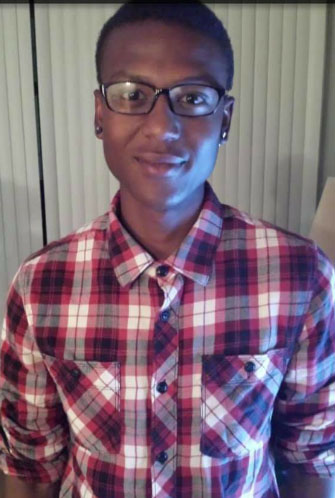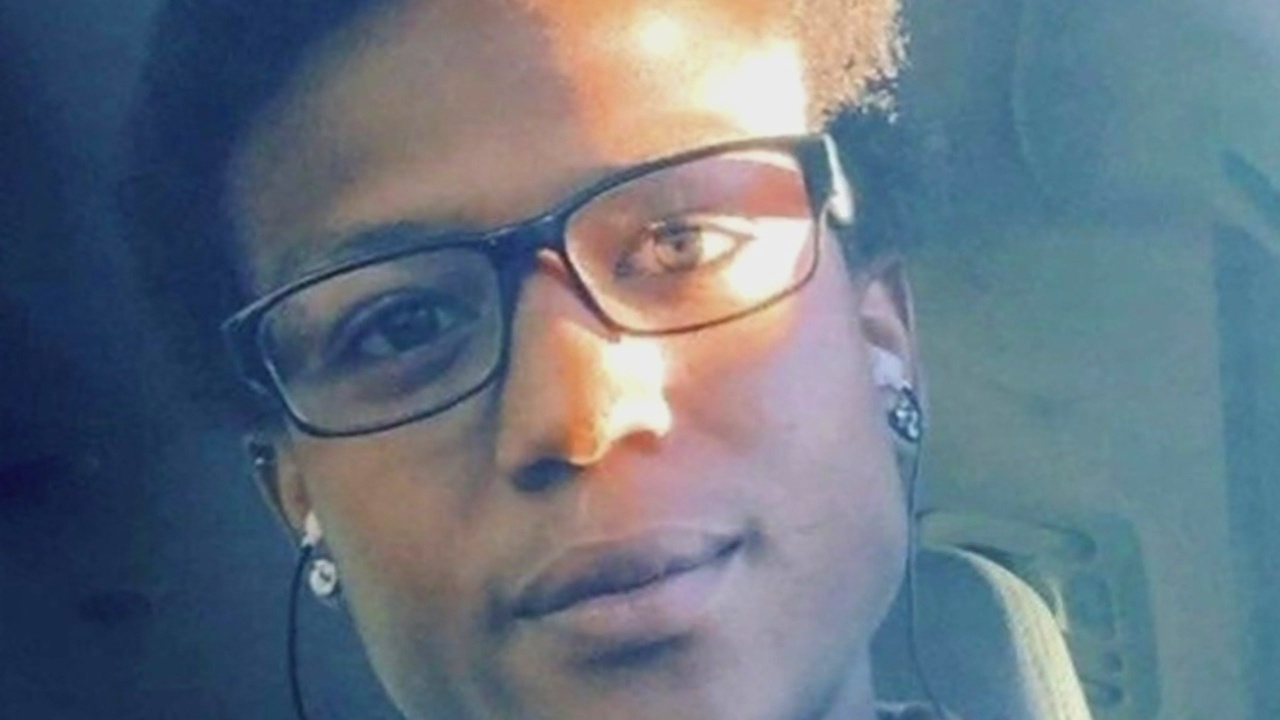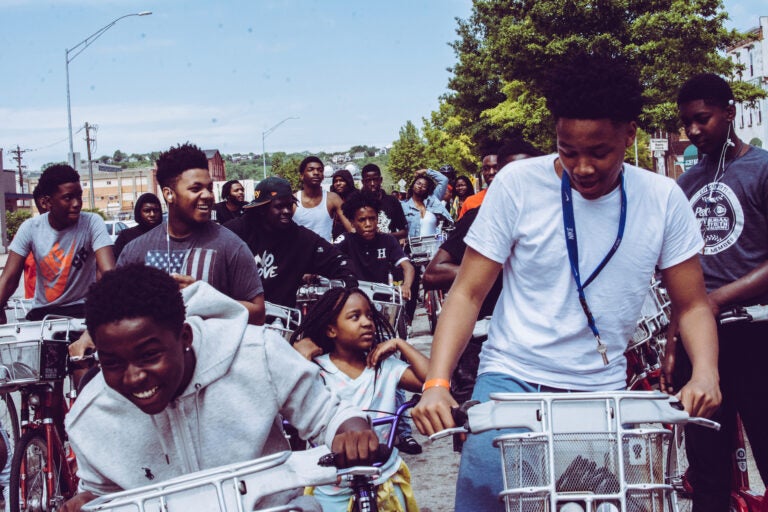Dynamite James
The Main attraction
That may sound harsh, but I’m not sure how else to explain a department that felt so unthreatened by the white mass murderer James Holmes, yet also where over the last five years, its officers — as chronicled by Yahoo’s Nazaryan — violently arrested a 60-year-old disabled Black man in the dead of night, made a Black man leave a coffee shop where he was merely trying to eat a muffin, beat up a Latino man working on a car in his garage after a “loud noise” complaint, and tried to fire a lieutenant caught on his body cam calling the crowd who’d gathered at a police shooting “Alabama porch monkeys.” That lieutenant was reinstated by an arbitrator. So familiar. So banal. So evil.
The Aurora Police Department is so comfortable in its skin of racist white supremacy that it feels no pressure to clean up its act now that the national media is paying attention. When the George Floyd uprising brought renewed focus on the McClain case and the lack of charges, a June 27 protest at the township building brought out a spirited but peaceful crowd, including musicians who played their violins in Elijah’s memory. Their soothing music attracted Aurora cops in full riot gear, who busted up the gathering and even turned pepper spray on demonstrators and the stunned violinists.
This weekend brought a fresh outrage when it was revealed that three different Aurora officers, smiling and laughing, were fired after taking a picture reenacting the fatal chokehold not far from where McClain was killed. I know I should be shocked, saddened, angered, whatever ... but the fundamental inhumanity of the Aurora police has already been established, and my outrage dial is already turned up to 11. The photo is less of a shock than simply more confirmation.
Look, I support any and all police reforms, and this journey of 1,000 miles to end American policing as we know it needs to start with the baby steps. You want a law to ban chokeholds (Aurora ostensibly enacted such a rule after McClain died)? That’s great. Training around implicit bias? I guess it couldn’t hurt. But does anyone honestly believe that a lukewarm new law or two and a couple of days of training can break through an entrenched culture of white supremacy? It can’t. The only real reform that makes any sense is to end the Aurora Police Department as we know it, fire its other 697 officers, and replace them not just with a new system, but with new people, so that conditioned white supremacists like Woodyard, Rosenblatt, and Roedema aren’t responding every time a privileged white suburbanite dials 911.
In the meantime, I want to see Nathan Woodyard, Jason Rosenblatt, and Randy Roedema arrested, tried for murder, convicted, and forced to spend life sentences in a tiny cell, with the violin music of Elijah McClain piped in all day, to ensure that every agonizing minute of their remaining time on Earth is spent in contemplation of the time they stole from such a beautiful — and different — soul.
Then I want a peaceful civic army of bulldozers to pulverize every atom of the Aurora Police Department, and a lush green park to rise in its place — with vegetable gardens and a big lawn for rescued dogs to frolic, and a tuition-free art college and a gazebo where violinists will play day and night. And if you think my vision is hopelessly naive, it’s because I’m doing everything I can to keep my journalist-emotion valve from completely washing away in this flood, so I don’t write what flows in the darker hours.
I hate these pigs man smh
 this that different type of anger this that punch a dude while you crying type shyt.
this that different type of anger this that punch a dude while you crying type shyt. 






